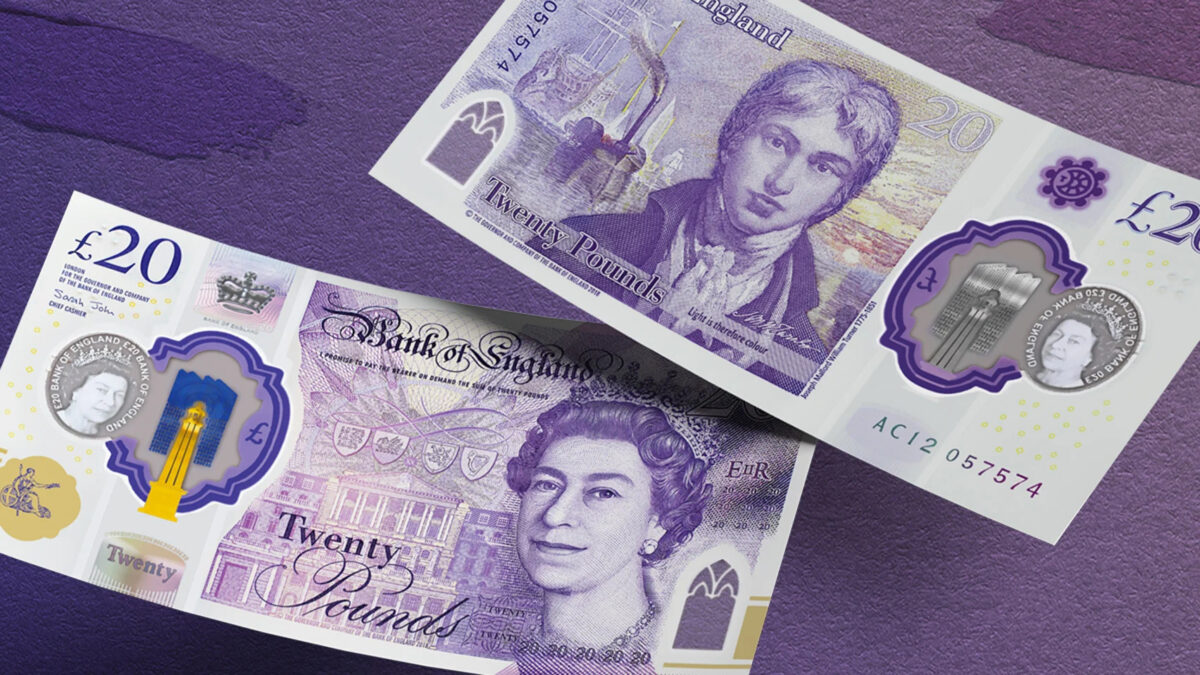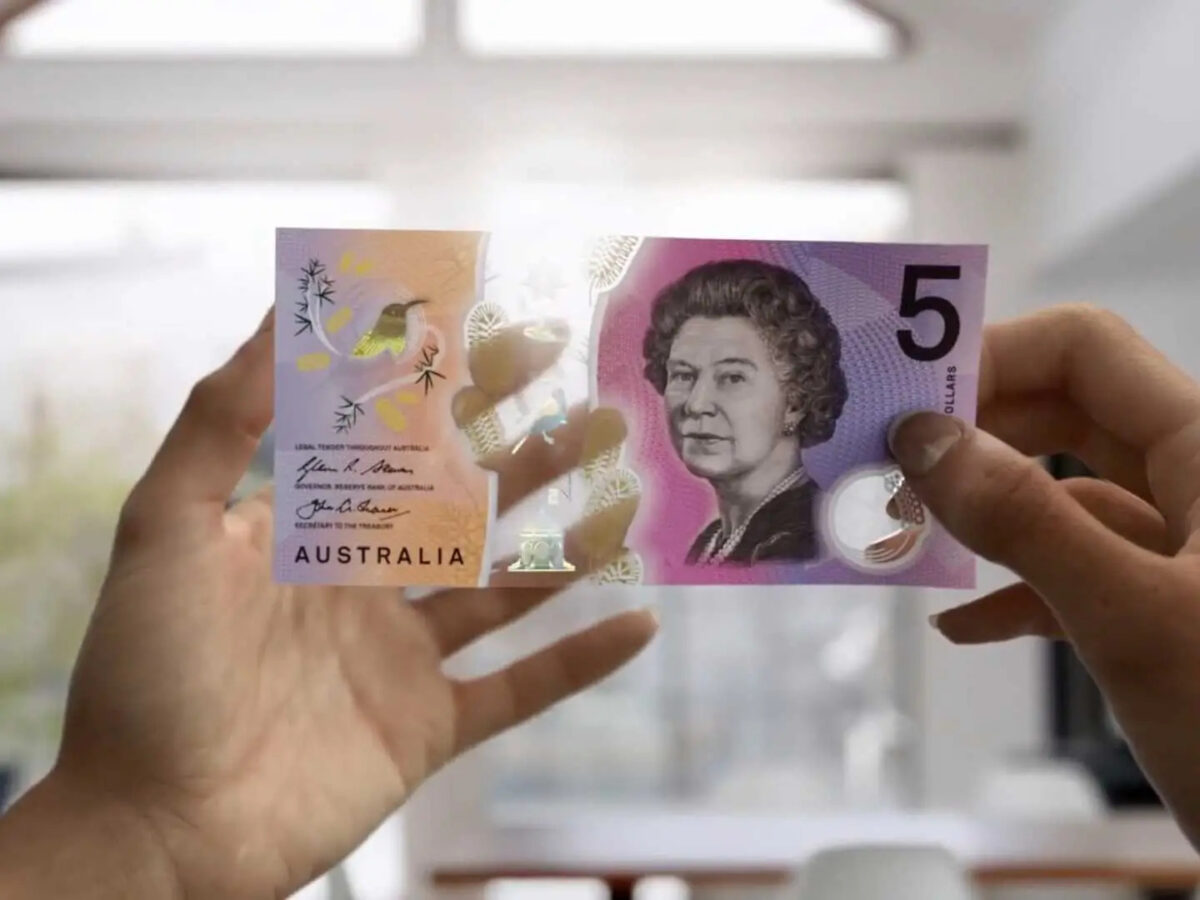As other countries go to great lengths to phase out or replace old physical currency, we wonder when (or if) Australia will ditch real money entirely…
When’s the last time you paid for something using physical money? For many of us, particularly in Australia, it’s a tough question to answer. Thanks to the proliferation of online banking, contactless payments and even cryptocurrencies, fewer and fewer transactions are being made with cash.
This trend has only accelerated during COVID. According to the Reserve Bank of Australia’s 2019 Consumer Payments Survey (CPS) – which was conducted in late 2019, prior to the onset of The Spicy Cough – contactless tap-and-go payments accounted for around 55% of in-person transactions, with both industry data and anecdotal evidence indicate that the pandemic has only increased that proportion.
That’s why it’s so baffling that so many countries around the world, including Australia, are investing so much money in, well, printing money.
The United Kingdom is the highest-profile example. The world’s sixth-largest economy is currently in the process of demonetising paper £20 and £50 notes – making up £14.5 billion in circulation as of June, according to Bloomberg – in favour of new polymer notes, with Brits having less than 8 weeks to spend or get rid of those paper notes before they become worthless.

While polymer notes are more durable and cheaper to produce than paper notes, this demonetisation process will no doubt cost the UK government millions of pounds to finalise.
From 2016 to 2020, Australia issued its second-generation polymer banknotes, with an eye to eventually phase out the first-generation notes that were introduced in 1992. Converting from paper to polymer cost Australia plenty, and the phasing out of first-generation notes will also, no doubt, cost a pretty penny.
RELATED: Nearly 20% Of Male Suicide Is Linked To Financial Stress. So Why Don’t Banks Do More For Men?
Another country that’s recently spent enormous amounts of time and resources keeping the business of physical money going has been India, which in 2016 demonetised all ₹500 and ₹1,000 banknotes, replacing them with new ₹500 and ₹2,000 banknotes in exchange – giving Indians only 50 days to do so.
This move, which was supposed to cripple the black economy and terrorism, threw India into chaos. Not only did it cost the government millions to do but it caused a massive currency crush and stock market losses; crippled the country’s industrial production and its GDP growth rate, and caused 1.5 million people to lose their jobs, The Guardian estimates.
Obviously, India is an extreme example. But it does make you think: how much longer will governments around the world continue supporting physical money, despite the enormous negatives and costs involved with doing so? Have we moved beyond the need for money?

The first major problem with moving to a cashless society – other than the obvious one, that when technology fails, physical cash is king – is that consumers will be at the mercy of merchants. When you pay by card, whether that’s credit or debit, businesses attract transaction fees. Sometimes businesses will simply note that they add a surcharge for card users, but it’s more common that they’ll pass on that fee to consumers by raising prices – which affects those who pay by cash, too.
Effectively, those who use cash subsidise those who use credit, and if we ditch cash entirely, that won’t happen any more. It’ll also allow merchants to raise their prices because they won’t have competition from cash.
The other major problem with going cashless is the privacy angle. In China, mobile payments such as AliPay and WeChat Pay are prolific, and unlike Western services like Apple Pay, don’t charge a transaction fee… But they do collect a huge amount of data about what you’re purchasing, with the Chinese government effectively subsidising the difference in order to continue their surveillance.
Basically, it’s picking your poison. Are we happy to deal with the hassle of manufacturing and transacting with physical currency if it means lower prices and more personal privacy? It’s hard to say…
Read Next
